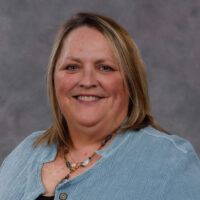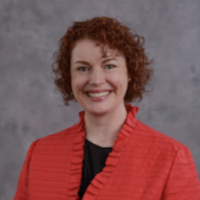Self-Audit & Planner
The Gifted Self-Audit & Planner, or G-SAP, originally called the SART (Self Audit & Reflection Tool, developed by retired Heartland AEA consultants Mary Schmidt and Linda Moehring), is a self-study opportunity aligned with Chapters 12 and 59 of the Iowa Administrative Code and best practices in gifted education. It is adapted with permission from a program evaluation rubric originally developed by Karen Garvin, and is influenced by the National Association for Gifted Children Program Standards and the books Designing Services and Programs for High Ability Learners, 2nd Ed. edited by Rebecca Eckert and Jennifer Robins (NAGC/Corwin Press, 2017) and Gifted Program Evaluation, 2nd Edition by Kristie Speirs Neumeister & Virginia Hays Burney (NAGC/Prufrock Press, 2019).
Kate Boonstra and Kyra Wilcox-Conley, Heartland AEA Gifted & Talented Consultants, took the G-SAP through a major revision in 2022. It is available in Google Sheets format, with built-in capability for rubric analysis and prioritization as well as long-range strategic planning. An extensive resource list is also included.
The tool consists of the Chapter 59 Iowa Administrative Code categories for gifted programs listed below, which districts/schools may complete for program review and strategic planning purposes.
- Goals and Performance Measures
- Identification of Students
- Differentiated Program
- Personnel
- Budget
- Professional Development
- Review and Evaluation
- Other Quality Indicators
The G-SAP can be completed in districts as part of a facilitated process. Please contact Kate or Kyra to begin this work with your district team.
Q&A
How long does the G-SAP take?
In total, completion of the rubrics takes approximately a day and a half. These sessions will include discussion facilitated by Heartland AEA GT consultants and embedded professional learning regarding Iowa Code requirements for talented and gifted programs.
What’s the best way to schedule G-SAP work?
The G-SAP works best in three half-day sessions. Meetings scheduled over a period of no more than six weeks keep the team’s momentum and focus on the work.
Who should be at the table?
All gifted and talented teaching staff, administrator/coordinator of the gifted program, building administrators from each grade level span/building.
Optional valuable participants may include: school counselor, teacher for speakers of other languages, special education teacher, additional district level administrator(s)
Once we are done with the rubrics, what will we do next?
District teams will determine priority work for the gifted and talented program and begin action planning. A smaller team of gifted and talented teachers may work to implement these defined action plans, with regular check-ins with the G-SAP team.
Important Contacts

Kyra Wilcox-Conley
- Gifted & Talented Consultant

Kate Boonstra
- Professional Learning & Leadership Consultant